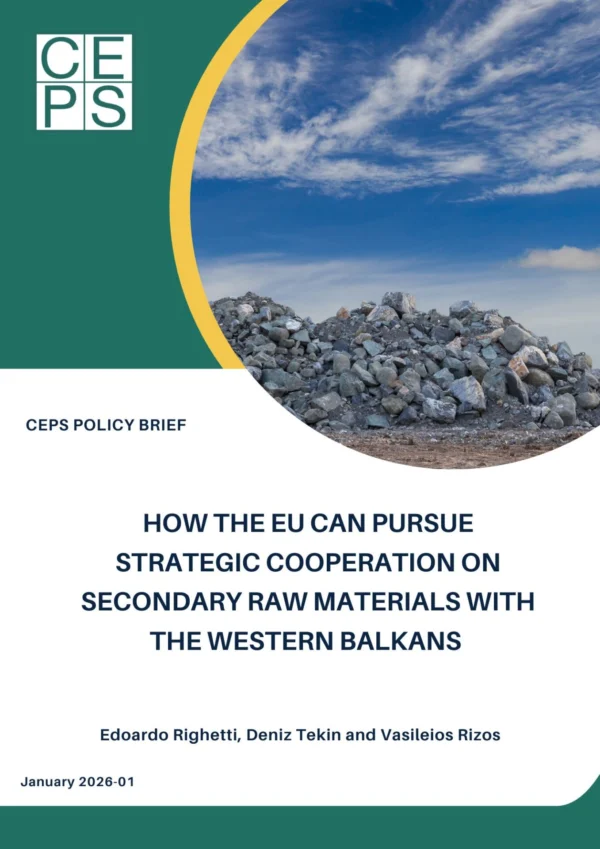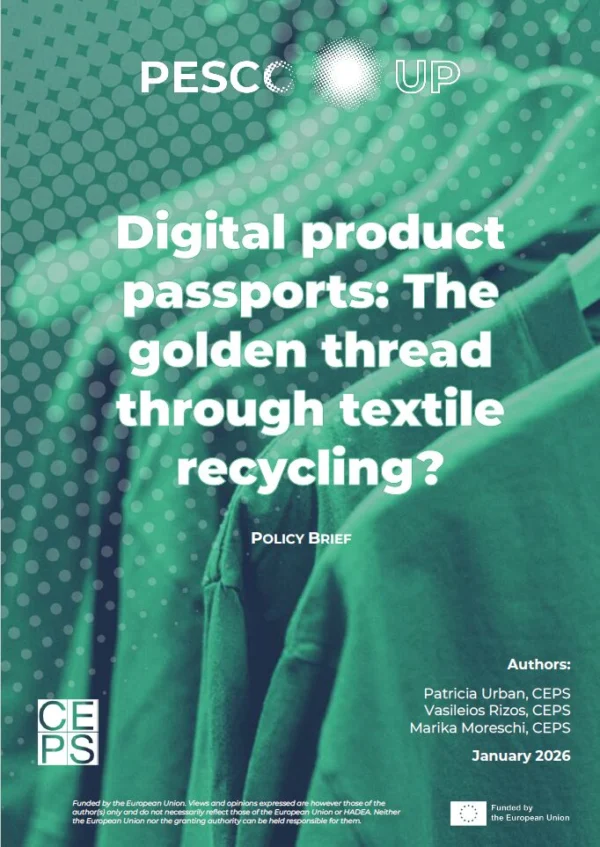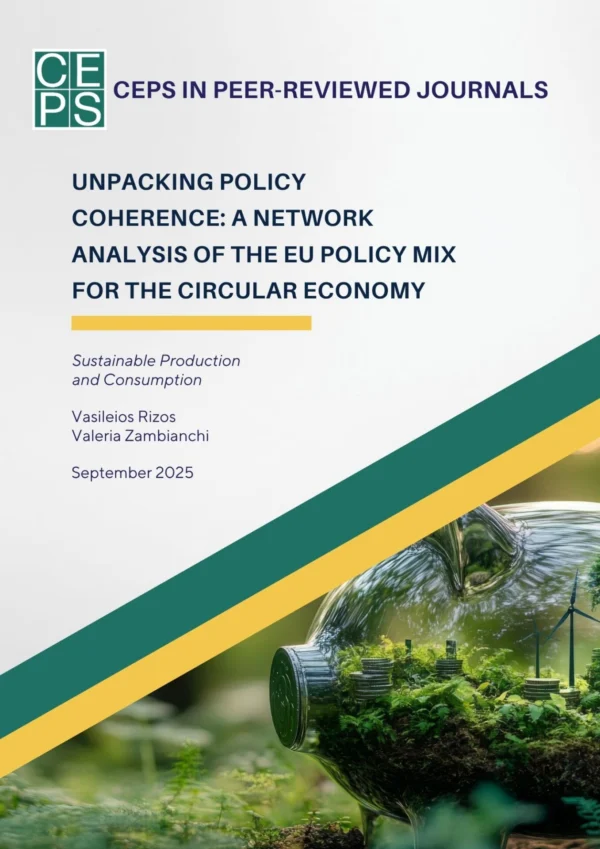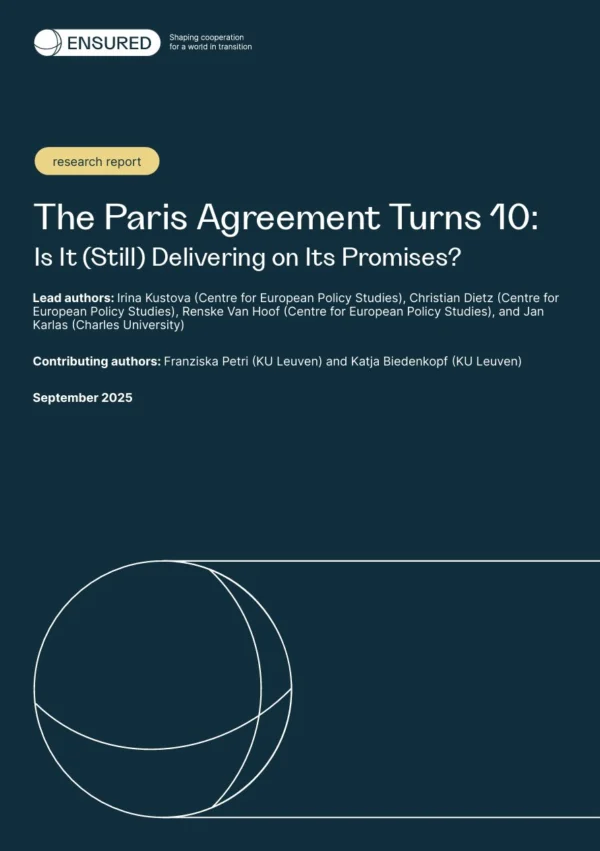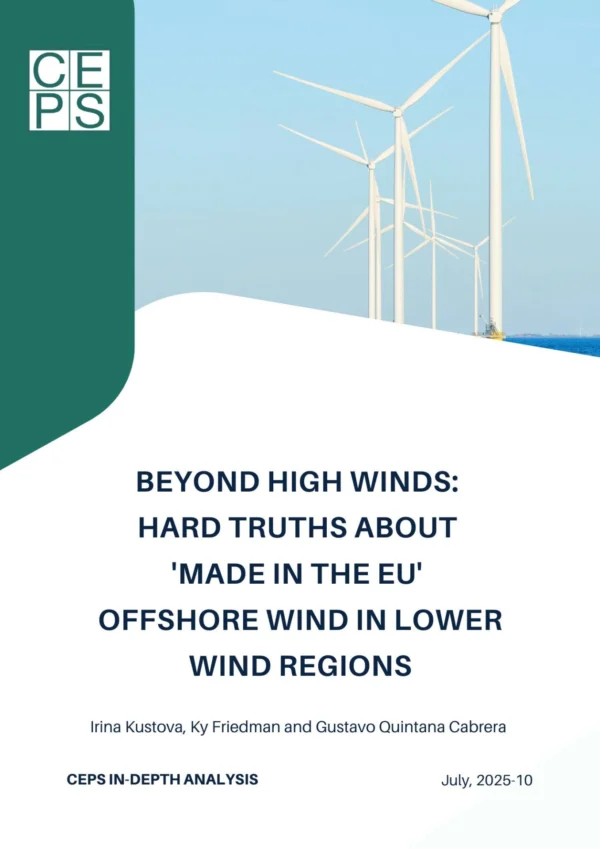Meeting the EU’s climate and industrial objectives requires scaling the supply of critical raw materials (CRMs) while ensuring production complies with environmental, social and governance (ESG) standards. Yet greener extraction, processing and recycling remain structurally more expensive, and today’s market conditions—marked by oversupply of low-cost, high-emission production and buyers’ limited willingness to pay for sustainability—prevent these additional costs, the ‘green premium’, from being recovered. With supply security now central to EU industrial strategy, support for green CRM supply and demand can also reinforce long-term resilience by underpinning diversified supply chains.
A differentiated market for sustainable CRMs is unlikely to emerge without targeted regulatory intervention. Market-driven approaches such as separate price benchmarks for green CRMs are promising and gaining attention, but remain difficult to scale due to inconsistent definitions, limited traceability and insufficient liquidity. Exchanges can nonetheless play a supportive role by enhancing transparency, disclosure and verification of ESG claims, thereby lowering transaction costs and preparing the ground for premium market formation.
The report proposes a phased, two-tier policy strategy. Building on and harmonising existing CRM-relevant frameworks, the first tier would establish minimum market-access requirements—mandatory due diligence, traceability and environmental-footprint disclosure—across CRMs placed on the EU market, with the option of gradually introducing performance-based thresholds (maximum carbon intensity) for priority materials, including via a targeted expansion of CBAM. The second tier comprises conditional incentives for frontrunners adhering to high ESG standards. Public procurement, price or volume guarantees and other forms of offtake support can, when conditioned on robust and verifiable ESG performance, de-risk investment and create clear premium signals.
Given the global nature of CRM supply chains, EU measures should align with bilateral trade instruments, strategic partnerships and wider multilateral efforts—most notably the G7 initiative to on a standard-based global CRM marketplace—to ensure sufficient leverage and impact. Together, these actions can reduce competitive distortions, stimulate demand for sustainable CRMs and support a more secure and responsible CRM supply base for the EU.



